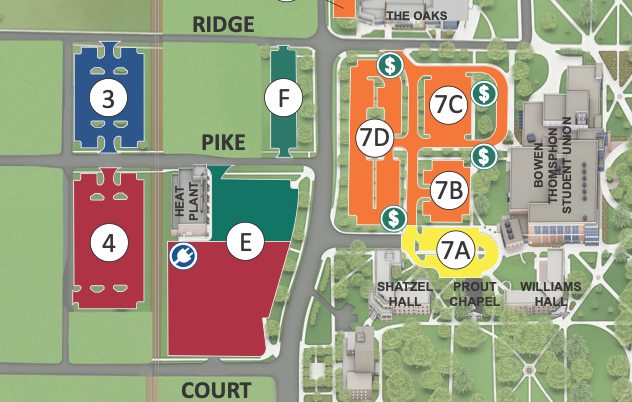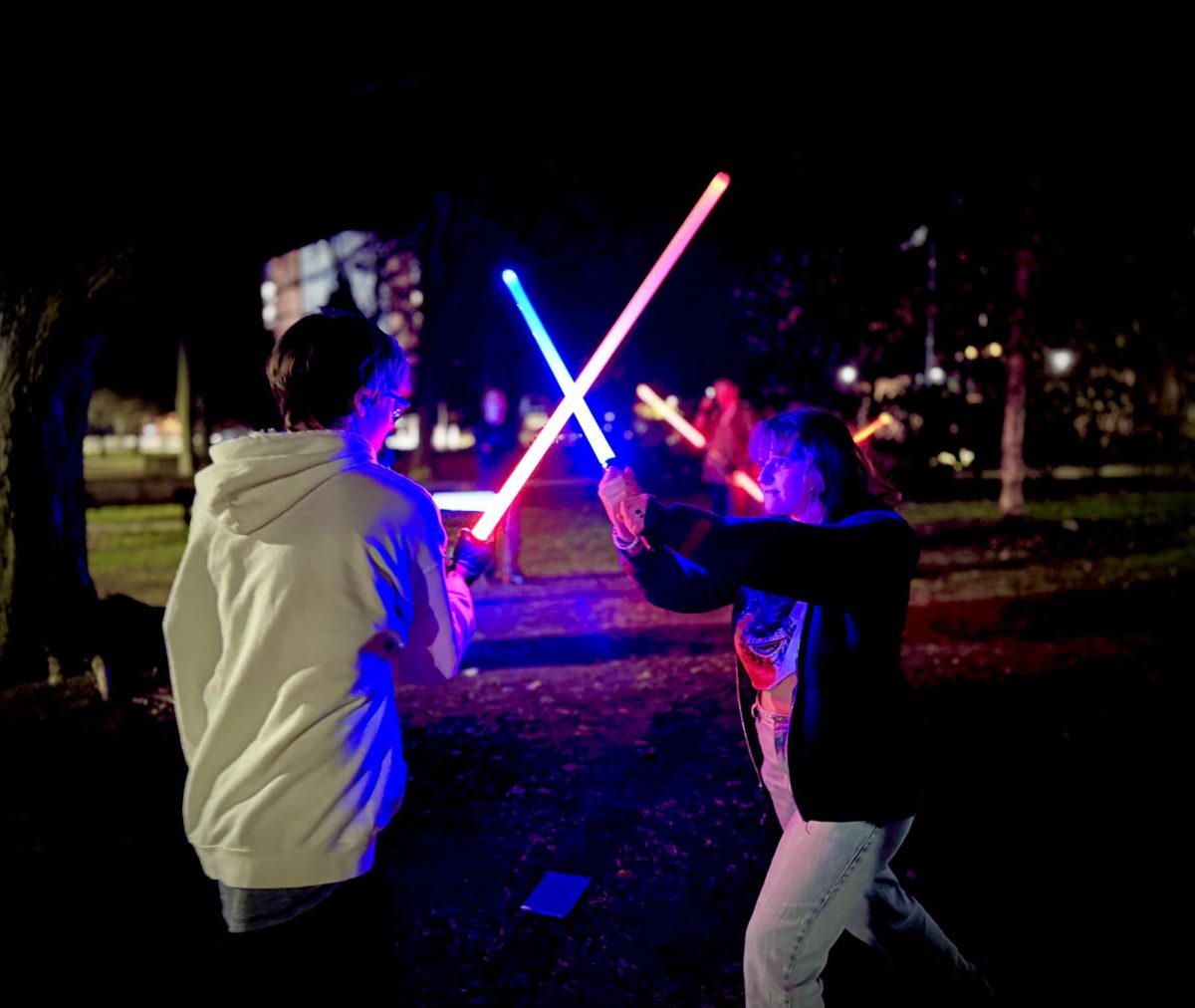The Presidents’ Climate Commitment committee is proposing integrating sustainability and climate neutrality themes into the University’s core curriculum.
The committee, which was established in 2012, is on the back end of its two-year deadline to develop an institutional action plan for becoming climate neutral.
Among the initiatives proposed by the committee, integrating themes that advocate for climate neutrality would impact all students by making it a part of the BG Perspective.
Since the action plan is in the early stages, the committee can’t specify if this will add courses to the BG Perspective.
The committee has already compiled an inventory to assess what courses are currently being offered that educate students about sustainability and identify where there are gaps in the curriculum.
The University was recently named in the 2014 Princeton Review’s “Guide to 332 Green Colleges.”
While the efforts to become a more sustainable campus appear to be working, many are eager to take the next step in educating students about what it means to be green.
Made up of a diverse group of University faculty, employees and students, the committee is planning to release a proposal for public comment by fall semester.
English department lecturer Lynn Campbell said that science courses play an important role to teach students about human impact on the environment, but the humanities and social sciences can contribute as well.
“[Literature] provides a different experience for students. It provides insight into the historical impact in the natural world,” Campbell said.
Campbell said that it was time that the University became more serious about its efforts to become climate neutral.
“I don’t think we can ignore what’s happening anymore,” she said. “There’s too much evidence around us to ignore.”
Campbell’s colleagues agree.
“There are a lot of misconceptions about the climate,” said Holly Myers, environmental science lecturer.
Myers said it is important that students are aware of the real problems humans impose on the environment and that when teaching them instructors do not perpetuate misconceptions.
“Like the ozone layer causing global warming,” Myers said. “That’s not accurate.”
By adding themes about sustainability into existing courses in the University’s general education requirements, education about sustainability becomes more inclusive and effective.
Charlie Onasch, a geology professor who serves on the committee, isn’t advocating for students to have an environmental science requirement.
“There’d be mass rebellion,” Onasch said. “We could reserve a course for sustainability or carbon neutrality in any department … that would be more effective.”
Onasch believes that incorporating themes in art, literature and science courses will reach students in a way that makes them meaningful.
Students should be made aware of what sustainability and climate neutrality means as well as the problems our society is facing, Onasch said.
Citing the overwhelming skepticism about climate change and human impact on the environment, Onasch said those claims are unfounded.
“There’s a lot of skepticism about science and scientists, like we have an agenda.” Onasch said. “But its like this quote from Arnold Schwarzenegger, ‘If you go to two doctors and they tell you one thing and you go to 98 others and they tell you the opposite, who are you going to believe?’”
The amount of scientific research and evidence tells the real story.
For some, it’s about time that society became aware about its impact on the environment and the classroom may be the best place to start.
“Educational institutions need to play the leading role.” Onasch said.













